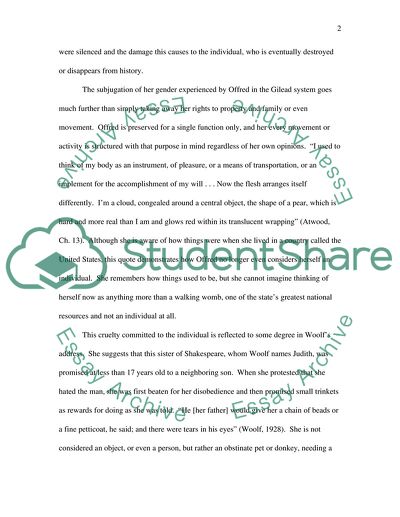Cite this document
(“Towards a Greater Understanding of Margaret Atwoods A Handmaids Tale Essay”, n.d.)
Retrieved from https://studentshare.org/literature/1540937-towards-a-greater-understanding-of-margaret-atwoods-a-handmaids-tale
Retrieved from https://studentshare.org/literature/1540937-towards-a-greater-understanding-of-margaret-atwoods-a-handmaids-tale
(Towards a Greater Understanding of Margaret Atwoods A Handmaids Tale Essay)
https://studentshare.org/literature/1540937-towards-a-greater-understanding-of-margaret-atwoods-a-handmaids-tale.
https://studentshare.org/literature/1540937-towards-a-greater-understanding-of-margaret-atwoods-a-handmaids-tale.
“Towards a Greater Understanding of Margaret Atwoods A Handmaids Tale Essay”, n.d. https://studentshare.org/literature/1540937-towards-a-greater-understanding-of-margaret-atwoods-a-handmaids-tale.


